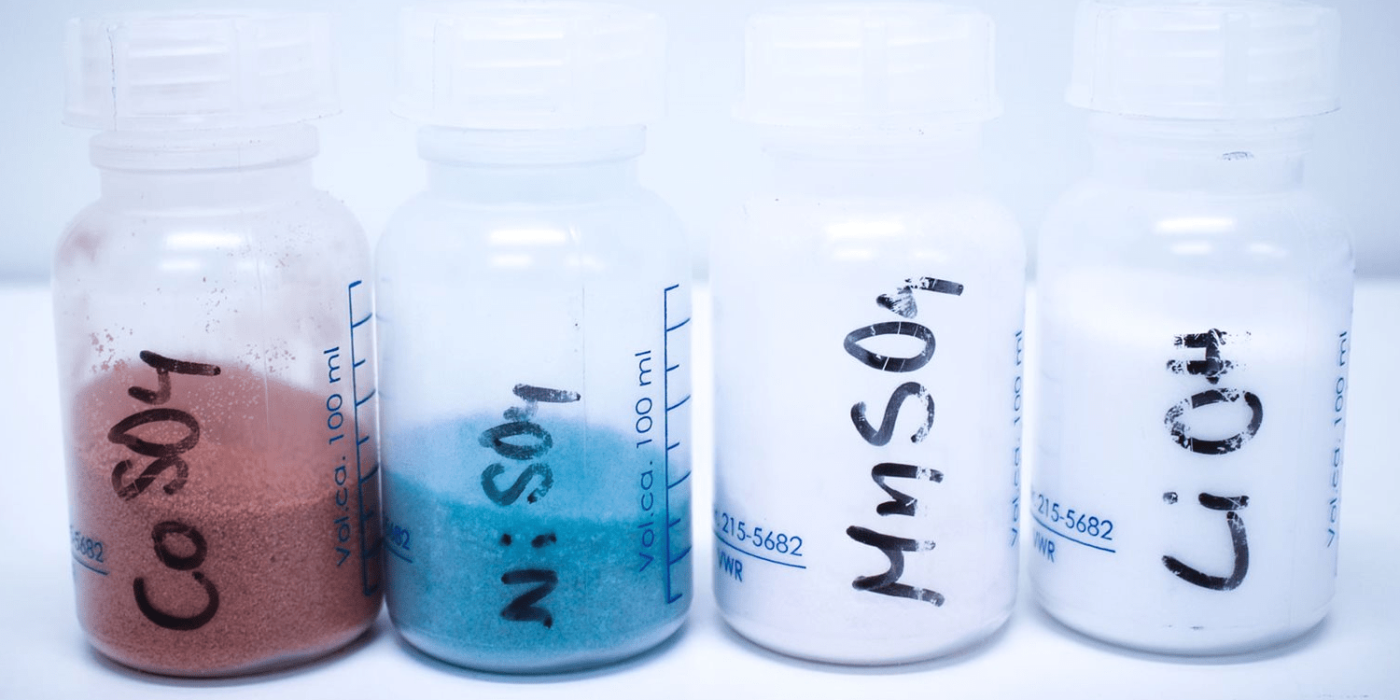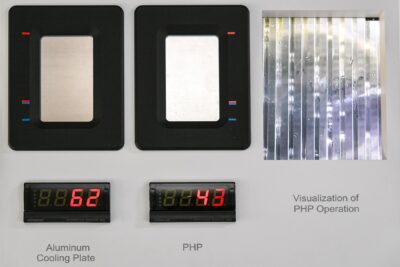Volvo pioneers Battery Passport
The battery passport Volvo is now implementing, starting with the EX90 this year, has been developed by Volvo in collaboration with its partner Circulor, which should meet EU stipulations that come into force in 2027.
The Volvo EX90 with battery passport will soon go into production at the US plant in Charleston (South Carolina) and will be delivered to customers in Europe and North America from the second half of the year.
Vanessa Butani, head of global sustainability at Volvo, told Reuters that the introduction of the passport almost three years before the regulations come into force is aimed at being transparent for buyers as Volvo aims to produce only all-electric cars by 2030. A battery passport will be mandatory for electric vehicles sold in the EU from February 2027. Butani said the passport would be gradually rolled out to all of Volvo’s EVs.
The battery passport – as stipulated by the EU – significantly improves the ability of second-life battery producers, such as the German company Voltfang, to establish the health of the battery and to best utilise it in stationary storage applications, among other things. The battery pass also certifies the origin of the raw materials used, so that governments, investors, partners and consumers can keep track of carbon footprint in production as well as things like human rights issues in countries of origin.
Although the USA does not have a similar battery passport regulation, the battery pass project is an international one, with global organisations striving to establish how to ascertain the origins of critical raw materials. The USA does, however, have a regulation about battery components manufactured or processed by a company from a country considered a “foreign entity of concern” (FEOC). The European Battery Pass regulations will also certify the origin of critical raw materials and whether they come from or were processed in China. With this information, it is easily possible to ascertain which aspects of the battery supply chain are too concentrated in a particular region and alleviate attempts to work on more domestic supply chains. This means battery passports advantageous in both the USA and Europe and, with international efforts underway, looks set to become an international standard.
Circulor CEO Douglas Johnson-Poensgen told Reuters that the state of health of each battery will be maintained over 15 years – the latest at which the battery is used for second life and/or recycled – and will only cost Volvo around $10 per car.
Johnson-Poensgen said automakers were in a hurry to create battery passports, but that even if they start now many may find it hard to meet the EU’s 2027 deadline. Collaborations with second-life and recycling companies help forward this process as it means that batteries can be more easily passed on to the next phase of use for battery materials before being completely recycled and used to create new batteries – with new battery passports – certifying domestic origin, for example.
In January this year, Cirulor joined forces with Automotive Cells Company (ACC) of Stellantis, Total and Mercedes-Benz to track and verify the origin and CO2 emissions of raw materials in its battery cells for electric vehicles.





0 Comments